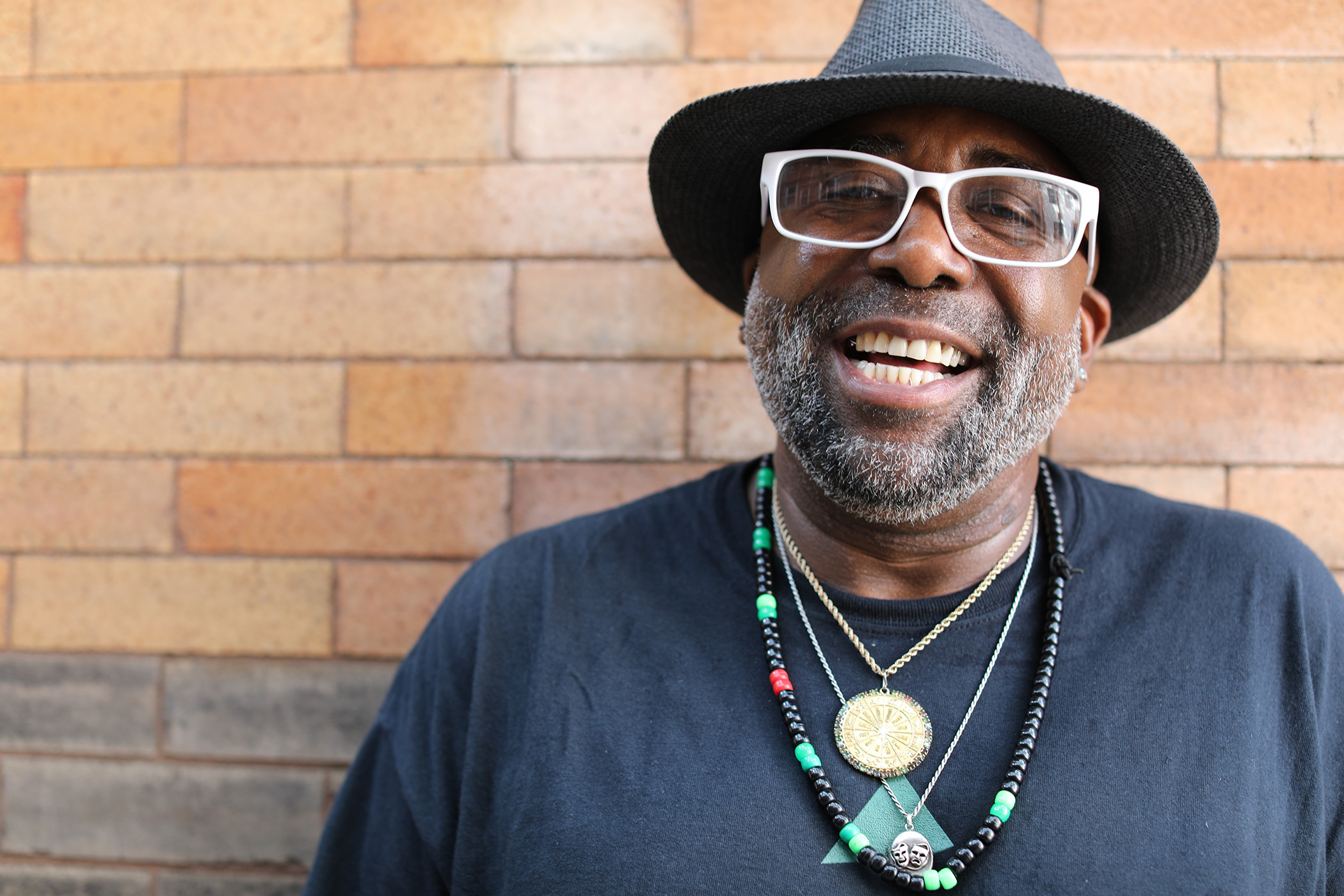
I have lived in Philadelphia practically all of my life. I grew up in a time where you lived your life how you were told to. My sexuality was the only power I had and I refused to let others take that away from me. As a teenager, I was out as a gay man and already sexually active.
In 1979, I saw a doctor who noticed white patches on my neck that turned out to be a fungus. She told me about a plague that was ravaging gay people. There was no official name for AIDS at that time. That’s how I received my diagnosis. Being only 16, I didn’t fully understand the information that was given to me.
Eventually I came to FIGHT and became one of the first graduates of Project TEACH. That was a life-changing experience that gave me lots of information and friendships. TEACH was a safe space where we could be open with each other about our diagnosis.
After graduating from TEACH, I became a Peer Educator. I went out into the city and gave out information about HIV/AIDS. That was important back then because there weren’t many taking on that role. Twenty years later, I’m back as a Peer Educator and it still makes me feel good to know that my information is helping others.
I decided that having HIV was never going to be the end of the world for me. Today I feel more empowered, secure, and blessed. I look forward to living every day. I also want to earn a Doctorate or at least a Masters. It has always been a wish of mine to be Dr. Marcus Fitzgerald Hill.
My advice to someone diagnosed at a young age like me would be to figure out what you want in life and go after it. Seize the moment and live every day as if it’s a gift. I would tell them that life isn’t over and that they have so much to live for; the sky’s the limit.
People should come to FIGHT because you’ll be treated like a human being with dignity and respect. Sharing my story helps me let others know that they’re not alone and that life is worth living. If you hide your story then it can become ugly and dark, but if you share it, it opens up a light for you and others.

